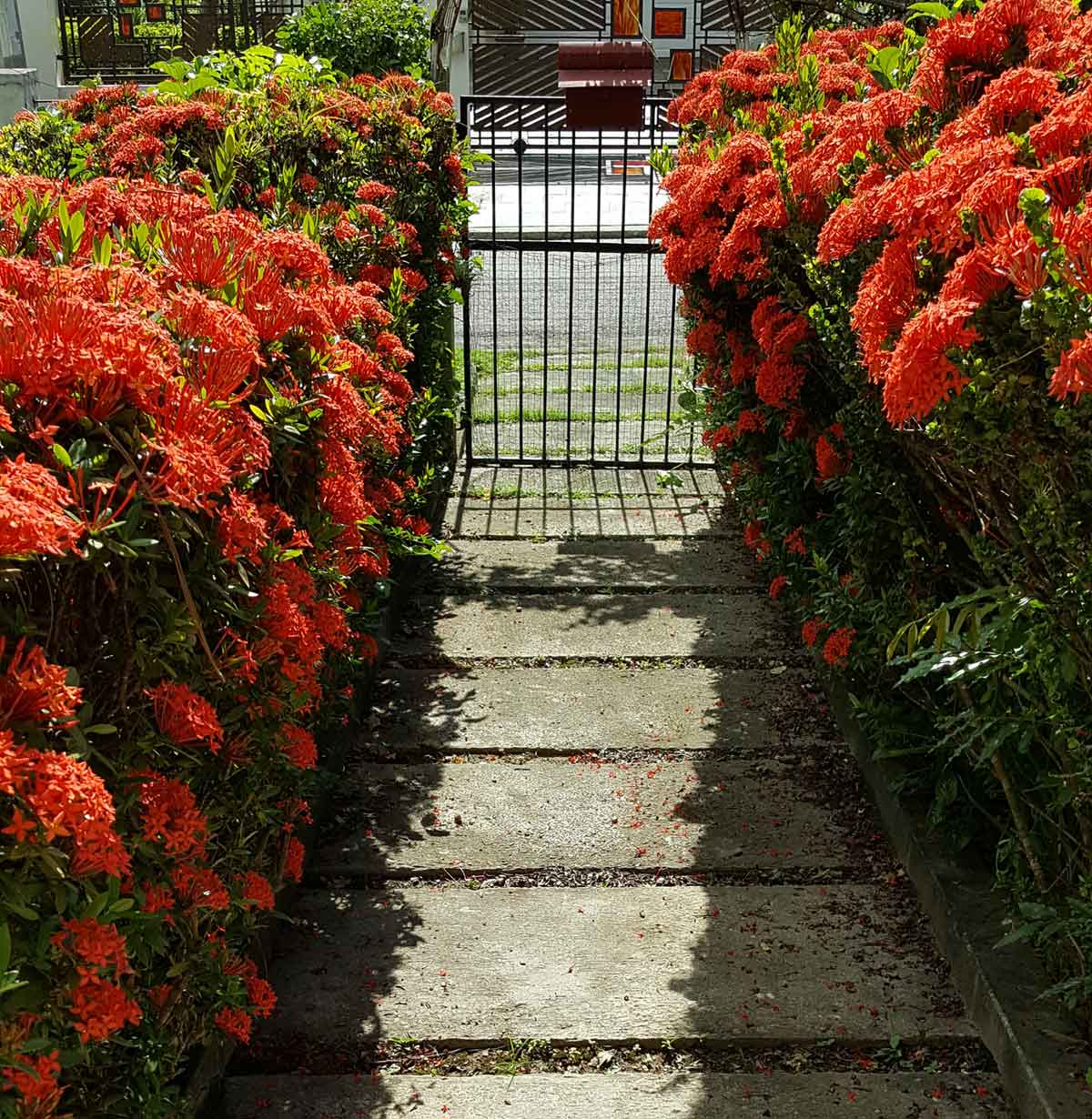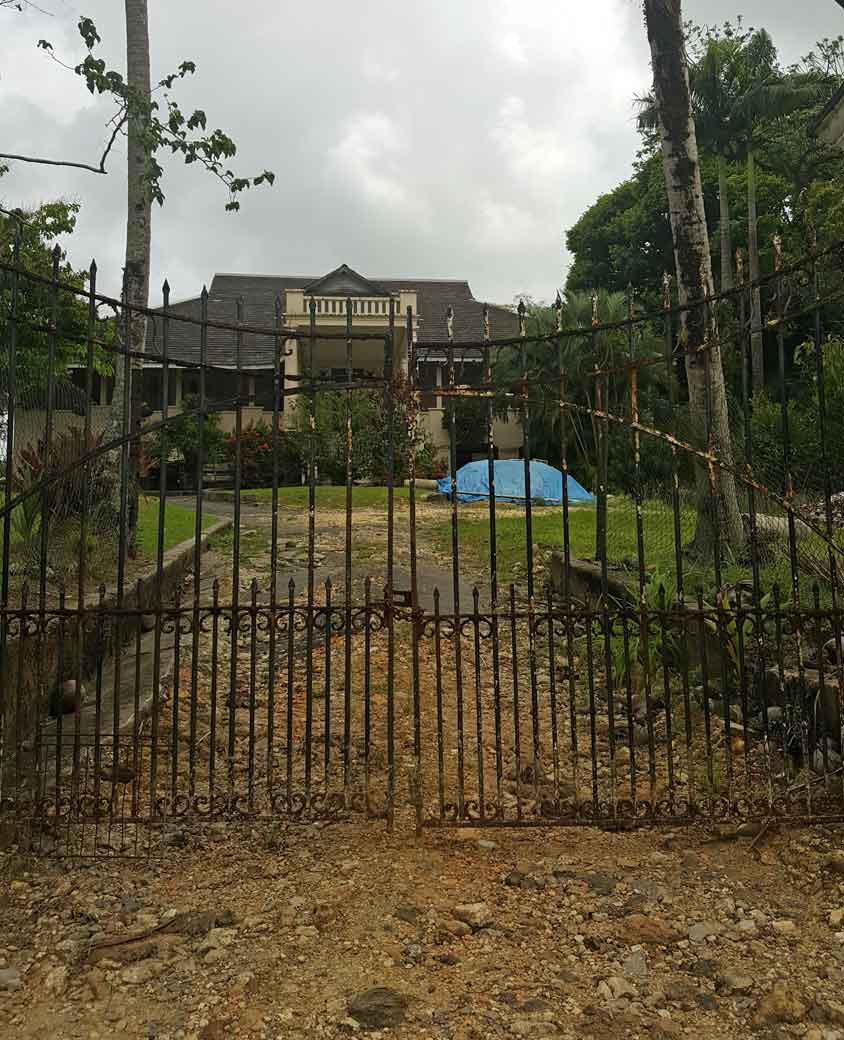There are times when I look up from reading, feeling dizzy. The text which claimed my attention has swept me away. It compels me to readjust to the place and time in which I actually find myself. That interval of living inside the text and in the surrounds of its world, has temporarily given a double aspect to my sense of my own surroundings: how light falls, what languages people speak, what makes for threat or beauty. At that point I realize that in reading, I have travelled. Yet, despite its magical ability to transport, the text may not enjoy a reputation as ‘travel writing’. It might not, for example, be marketed in that section which bears particoloured fruit in airport bookshops; or marketed at all.
Too often, I have read such pieces privately and in haste, stealing time from unrelated work, and am later unable to retrieve them, as I have limited access to the resources where they are found. There may have been nothing furtive or hurried about the shifts or journeys taking place in these texts, which nonetheless made their way to me less easily than if the ‘travel writing’ designation had been conferred on them. Our encounter thus feels like a chance meeting – as if the writings themselves have become travellers. If such texts have ended up not only without the benefit of their market-name, but also nestled in a hard-to-access niche, say a private library or elite archive, they acquire an overlay of remoteness, without losing the immediacy of their appeal. This intensifies their ‘travel writing’ character: desire interwoven with distance.
In the Bodleian library in Oxford, there is a several-decades-old volume of reflections by overseas students in Britain. In this, a North African student remarked, with truth and cynicism, that – unlike a Western traveller who could write an acceptable, or accepted, travel book about Morocco after a three-week visit – he himself, after intensive years in Britain, would not be considered any kind of authority, were he to do the equivalent. He could not aspire to being received as a travel author for his notes on his journey north. At best, he would be a memoirist or controversialist.
I see a double standard still in play. Writers from hot countries who could create literature that recounts and analyses their travel and adventure in cooler parts of the world are often invited instead to produce memoirs of displacement – or are framed as having done so. By contrast, wild-and-free status (despite the labour of credited or unaccredited guides and researchers) is accorded to authors branded as travellers or explorers, i.e. those who return home to paler lands, or who write about the supposed deep history of their cold countries while wholesomely erasing the sojourns and traces of immigrant and transient populations from the year dot. It seems that travelling and writing does not ‘travel writing’ make.
This is also true of the reception of historical travellers’ work. Ahmad Ibn Fadlan’s tenth-century observations on the (debatably identifiable) Rusiyyah tribe were recommended to me when I was an Old Norse student – but as background, or chronicle. Secure in his own civilization, Ibn Fadlan had represented northern marauders as exotics in their physicality, filth, weapons, jewellery and funeral customs:
I have never seen more perfect physiques than theirs—they are like palm trees, are fair and reddish […] They are the filthiest of all Allah’s creatures: they do not clean themselves after excreting or urinating or wash themselves when in a state of ritual impurity (i.e., after coitus) and do not wash their hands after food.
The lens applied, the tone, are not far removed from today’s storytellers who are privileged to rove. Yet Ibn Fadlan’s may not be among the first names to spring to mind as an ancestor of ‘travel writing’.
An assumption which I find disturbing in popular notions of travel writing is that there is ‘home’, and then there is ‘away’. Perhaps especially today, but always in times of conflict, or in the pursuit of trade, or at places of mixing like ports and oases, there are intermarriages, relocations, retracings, which create multiple ‘homes’ and unravel the idea of ‘away’. We travel ‘between’, at least as much as ‘from’ or ‘to’. We may have different ways of being ‘at home’, in different places. We may learn, or know, how to make a home that is portable, carrying with us one shawl or one book or one prayer.
I have started to crave a version of travel writing which would make a different emotional account of all this arriving and leaving. It might, for example, be attentive to moments of what could be called ‘microtravel’. In microtravel, even as the traveller proceeds between familiar coordinates, a constant estrangement happens. This repeated unravelling and restitching of the mental map is not a matter of alienation from routine.

Deep microtravel’s double borders: flowers and fences
It is part of one kind of traveller’s normal condition of multiplicity. The awareness and reconfiguration peculiar to microtravel can happen because of small changes in personal practice, such as mode of transport, or larger changes to context, such as a house under peace or war, in expectation of calm or hurricane. In this case, when the protagonist of Mahmoud Darwish’s Memory for Forgetfulness tries to make his way through memory and through immediate bombardment to prepare his perfect, ordinary white cup of black coffee, this is not only war memoir but a form of microtravel writing about Lebanon and Palestine.
The sky sinks like a sagging concrete roof. The sea approaches, changing into dry land. Sky and sea are one substance, making it hard to breathe. I switch on the radio. Nothing. Time has frozen. It sits on me, choking me. The jets pass between my fingers. They pierce my lungs. How can I reach the aroma of coffee? Am I to shrivel up and die without the aroma of coffee? I don’t want. I don’t want. Where’s my will?
Walking in a Trinidad neighbourhood where almost everyone drives, and where I have almost no childhood memory of seeing the street from any height but that of a car window, I was accosted by a squatter. He wanted to show me his parakeet. His ‘parakeet’ had stopped flying. If I touched it, it might fly again. He kept it, he said, inside ‘his’ home: a ruined diplomatic mansion with metalled enclosures and an ordure-strewn, overgrown lawn. He walked with me for twenty minutes and took $20; the slowest mugging. Isn’t this, too, microtravel? By putting my feet on the road, I had gotten closer to the friction between classes. The houses I thought I knew appeared as blanks, lengths of wall with wide-spaced gates; privileged to be under-occupied. I rang the bell of one, to try to slip inside, but – with my companion, and no car – was not answered. I could hardly remember the face that should have peered round the distant front door. This journey foregrounded fortification and silence. The place I thought I knew best had become unknown territory, by the perhaps not-so-simple process of taking a few steps, in unexpected company, which also rendered me unrecognizable to the suddenly-strange inhabitants formerly known as neighbours. This ‘microtravel’ felt deep, yet unexpectedly repeatable. It offered, beyond mere defamiliarization, a rerouting of my knowledge of ‘my’ street, and by extension the others in the city, which would never revert to not being known this way.
Both sides of the fence: grunge and grandeur in a ‘Spanish Creole’ estate
In my own writing practice, I have developed a sense of dislocation-in-location, balanced by home-in-awayness. It is ordinary, not anguished. I can find time running backwards, say through architectural echoes of Port of Spain in Spain, and yet resist configuring this as anachronism or (post)colonialism. I feel empowered to explore the emotional, individual effects of such resemblances; an enrichment of how one finds oneself in a ‘here and now’. In a controlled poetic form, I might explore one emotion (love, anxiety, trust), as it were ‘vertically’, in-depth, while moving ‘horizontally’ via allusions to other languages. While not all writing that moves around can be classified as ‘travel writing’ (though, as mentioned above, I do believe the bookshelf for that category needs serious revision and expansion), it is true that ‘microtravel’ is an integral element of how I hope my readers may experience what happens in my creative work.
All images courtesy of the author
Caption for feature image: Seismic shift at home, earthquake crack in a front yard
–








